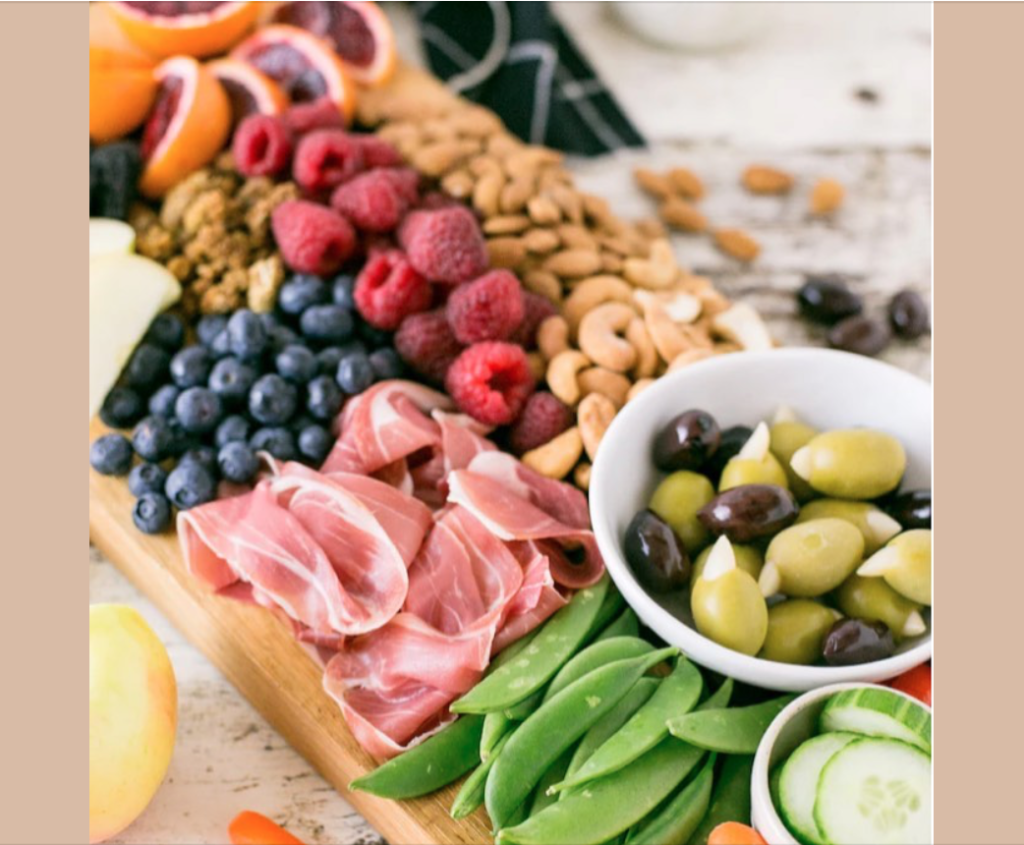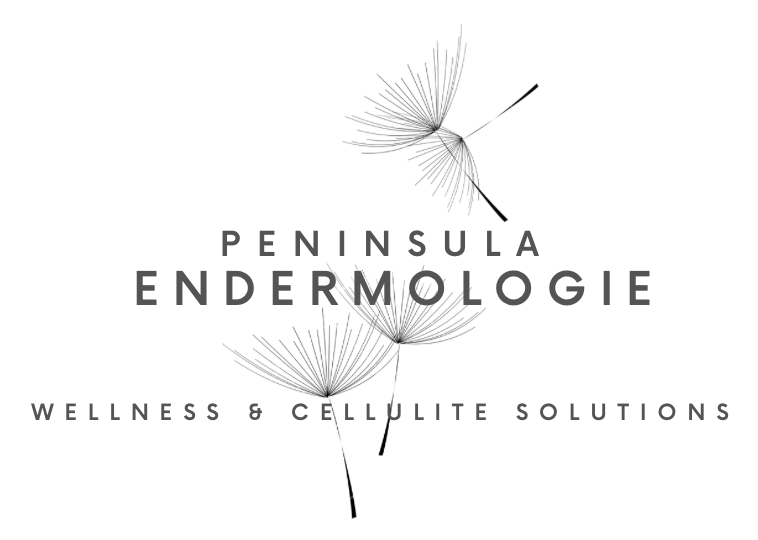How to treat a wound and help minimise your risk of scarring – PART 2: Supplement your diet with Vit C, Zinc & Protein.

Supplement your diet
– Vitamin C
Vitamin C (aka ascorbic acid) is necessary for all phases of wound healing. “In the inflammatory phase it is used for neutrophil apoptosis and clearance. During the proliferative phase, AA contributes towards synthesis, maturation, secretion and degradation of collagen”.*
You can supplement or get it via
food forces – both have equal absorption.
The recommended dose is 90mg for men and 75mg for women (slightly more if you’re pregnant/breastfeeding). It’s not recommended to take any more than 2000mg daily.
Find it in citrus fruits (oranges, kiwi, lemon, grapefruit), capsicum, strawberries, tomatoes and cruciferous veggies, e.g. broccoli, cabbage, cauliflower.
– Zinc
“Zinc plays a major role in regulating every phase of the wound healing process; ranging from membrane repair, oxidative stress, coagulation, inflammation and immune defence, tissue re-epithelialization, angiogenesis, to fibrosis/scar formation.”**
Find it in oysters, red meat, fish and poultry. Also, legumes, nuts, pumpkin seeds, breakfast cereals, and dairy products.
– Protein
The minimum recommended daily allowance of protein for sedentary adults is 0.8 grams per kilogram of body weight. E.g., if you weigh 75 kilograms, you should consume 60 grams of protein a day – minimum. To promote good wound healing, it’s best to eat more. And, if you work out, you need to exceed even that.
Find it in meat, eggs, dairy, seafood. Supplement with 10-20 grams of whey isolate. Vegetarians can eat seitan, tofu, tempeh, edamame, lentils, legumes, hemp seeds, nutritional seeds, and ancient grains.
PART 3 tomorrow!
SOURCES:
